Collaborating with Subject Matter Experts (SMEs) plays a crucial role in creating effective custom eLearning content and courses. By leveraging SMEs' expertise, instructional designers can ensure the learning materials' accuracy, relevance, and depth. SMEs' contributions enrich the learning material with relevant and up-to-date information, aligning the content with industry standards and best practices.
For over 2 decades, ELB Learning has created thousands of courses and collaborated with diverse SMEs across all industries. We strongly believe that they are an integral part of content creation and the eventual success of the learning course. Pulled from our rich experience in custom eLearning and content creation, we present the seven best practices while collaborating with SMEs.
7 Best Practices for Collaborating with Subject Matter Experts
- Establish a good relationship: Building a strong relationship with SMEs is crucial for effective collaboration. Take the time to understand their expertise, goals, and expectations. Show appreciation for their knowledge and value their input.
- Communicate effectively: Clear and open communication is key when working with SMEs. Keep them informed about project timelines, objectives, and any specific requirements. Regularly check in with them to address questions, provide updates, and gather feedback.
- Involve SMEs in the design process: Collaborate with SMEs from the early stages of the eLearning development process. Seek their input in defining learning objectives, content structure, and instructional strategies. Their expertise will ensure the accuracy and relevance of the content.
- Leverage their expertise: Tap into the SMEs' knowledge and experience to enhance the quality of the eLearning program. Encourage them to share real-world examples, case studies, and practical insights that can make the content more engaging and applicable to learners.
- Manage time and expectations: Be mindful of the SMEs' availability and workload. Plan meetings and deadlines in advance, respecting their time constraints. Clearly communicate project milestones and deliverables to align expectations.
- Provide guidance and support: As an eLearning developer, you bring your own expertise to the table. Offer guidance to SMEs on instructional design principles, eLearning best practices, and technological considerations. Help them understand how their knowledge can be effectively translated into an engaging learning experience.
- Seek feedback and iterate: Regularly seek feedback from SMEs throughout the development process. Incorporate their suggestions and iterate on the content to ensure accuracy and alignment with the learning objectives.
Creating training solutions that deliver results from the get-go is no easy task. It takes experts to build eLearning that is effective and engaging.
We’ve created visually explosive and immersive custom eLearning solutions for clients in over 110 countries. Our eLearning developers have the experience needed to collaborate effectively with SMEs to create impactful and meaningful eLearning content that meets the needs of learners.
🤔 Have you explored the role of Artificial Intelligence for subject matter expertise? Here is
a blog post that explains how an AI-augmented SME can transform the instructional design workflow.
💡 Learn more about how an effective learning strategy can help you at every step. Let’s get started with building an amazing learning program for your learners, today.









